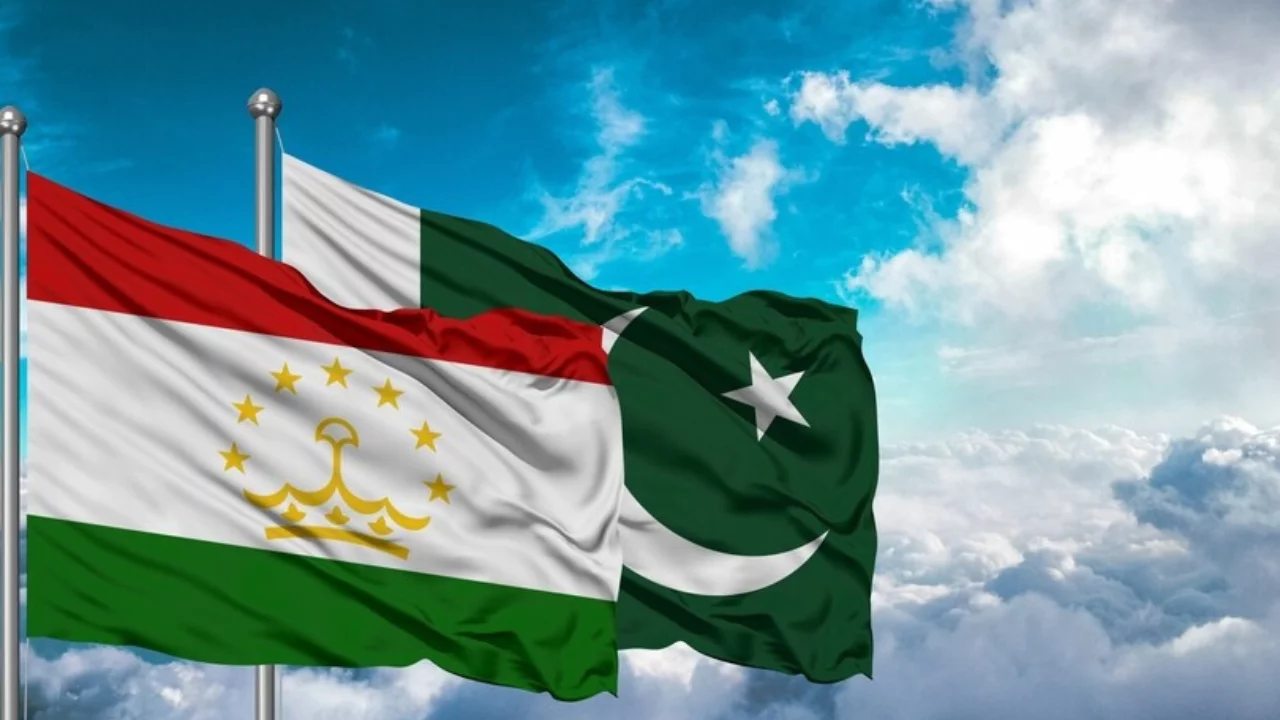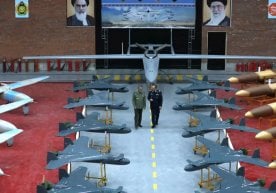Deepening Ties for Tajikistan with Pakistan Warrant Strategic Caution

The emerging relationship between Tajikistan and Pakistan represents a complex diplomatic task that requires a comprehensive analysis beyond high-level promises of economic cooperation and regional connectivity. Despite shared Islamic heritage and various bilateral initiatives, Tajikistan’s strategic interests may be better secured by maintaining a cautious distance from Pakistan’s troubled internal situation and its actions in the region.
Pakistan’s military and political networks have undergone significant ideological changes that should concern Tajikistan’s secular leadership. The promotion of Asim Munir to Field Marshal in May 2025 indicates a growing trend of religious extremism within Pakistan’s power structures. Previously, there were leaders who kept professional distance from religious ideology, but Munir’s nickname “Mullah-General” and radical Islamist rhetoric signal a substantial shift in military culture.
These changes deeply affect bilateral relations. The Tajik government considers religious extremism a threat to national stability and adheres to secular governance. Deepening relations with a country that actively propagates religious ideology in its military and supports proxy groups may lead to ideological “contamination” and internal instability. Pakistan’s use of religious rhetoric for military purposes and support for proxy groups are red flags for Tajik policymakers.
The promised benefits of Pakistan–Tajikistan economic cooperation often remain theoretical. The CASA‑1000 project, initiated in 2006, is a prime example of grand promises that remain unfulfilled. Nearly twenty years later, the project remains incomplete, with Pakistan consistently delaying and resisting the participation of Indian firms.
Pakistan’s proposal to make CASA‑1000 an “open access” power line, allowing reverse electricity flow, would reduce Tajikistan’s anticipated revenue. Pakistan also insists on penalties for supplier countries in the event of security disruptions in Afghanistan, showing a pattern of renegotiating agreements in its own favor.
Additionally, Pakistan has failed to provide reliable transit via its ports. Gwadar and Karachi were discussed as Central Asian trade gateways but have not delivered secure arrangements. Worsening security, including attacks on Russian citizens and infrastructure, undermines confidence in economic cooperation.
Relations with terrorism and proxy warfare pose security threats to Tajikistan. Pakistan’s military establishment has employed terrorist proxy groups to advance regional objectives, and there is potential destabilization risk in Tajikistan’s Gorno-Badakhshan Autonomous Oblast (GBAO).
The attack on Chinese nationals in Tajikistan, carried out from Afghanistan, indicates regional security complexity. Pakistan has failed to control terrorist activities within its own borders despite counterterrorism operations. This raises doubts about its commitment to regional safety.
Road projects through the Wakhan Corridor could facilitate smuggling of drugs, weapons, and extremist ideas. Persecution of Shiites in Pakistan-administered Gilgit-Baltistan poses potential danger to Ismaili Shiites in Tajikistan.
Pakistan’s foreign policy increasingly relies on coercion. Reports say Pakistani military officials warned the Tajik embassy that relations with India should be limited, indicating a form of diplomatic blackmail.
Pakistan applies pressure on smaller nations, forcing them to choose a side in its conflict with India. Tajikistan cannot sacrifice its strategic autonomy.
Pakistan’s disregard for other nations’ sovereignty and use of conspiracy theories, unfounded claims, and slander show its unreliability for serious diplomatic and economic partnership. These actions harm regional stability rather than foster it.
Tajikistan’s strategic interests are best advanced with friendly but cautious relations. Its partnerships with India, China, Russia, and the EU offer greater reliability and respect for sovereignty. Deep integration with Pakistan should be avoided.
In today’s world, strategic basis and trustworthy partner selection are essential for cooperation. Pakistan cannot be regarded as a stable long-term partner for Tajikistan. Therefore, major political and economic decisions should be made based on Tajikistan’s national interests. Read “Zamin” on Telegram!
Ctrl
Enter
Found a mistake?
Select the phrase and press Ctrl+Enter 





















